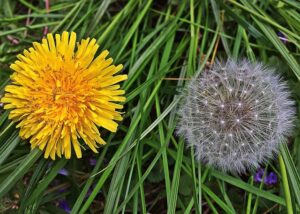
The THCA flower, a non-psychoactive form of cannabis, is gaining attention for its potential health benefits derived from its interaction with the endocannabinoid system. Studies suggest that THCA may offer anti-inflammatory, anti-emetic, and neuroprotective effects, with preliminary research indicating it could be beneficial for pain management, immune response modulation, and as a natural remedy without psychoactive side effects. Ongoing research explores its potential in cancer therapy and its impact on anxiety and mood. Vaporizing THCA flower is recommended over smoking to preserve its therapeutic properties and avoid harmful by-products. Ensuring the purchase of laboratory-tested, high-quality THCA flower is crucial for safety and efficacy. Proper dosing, understanding consumption methods, and adherence to legal regulations are important considerations for safely experiencing the effects and benefits of THCA flower. Legal status varies by jurisdiction, with the 2018 Farm Bill in the U.S. federalizing hemp-derived products like THCA, but with state-specific laws that must be followed. Users should stay informed about legal changes and source products responsibly to navigate this evolving landscape.
Discover the transformative potential of THCA flower, a cannabinoid-rich botanical that’s capturing attention for its myriad effects and benefits. This in-depth exploration delves into its scientific underpinnings, therapeutic applications, and safe consumption methods. As regulations vary by region, understanding the legal status of THCA flower is crucial. Join us as we unravel the mysteries and harness the natural power of this cannabinoid-rich flora.
- Unveiling THCA Flower: A Natural Powerhouse
- The Science Behind THCA Flower: Potential Effects and Benefits
- The Therapeutic Edge of THCA Flower: An In-Depth Exploration
- How to Safely Consume THCA Flower for Optimal Effects
- Navigating Legal Landscapes: The Status of THCA Flower Across Regions
Unveiling THCA Flower: A Natural Powerhouse
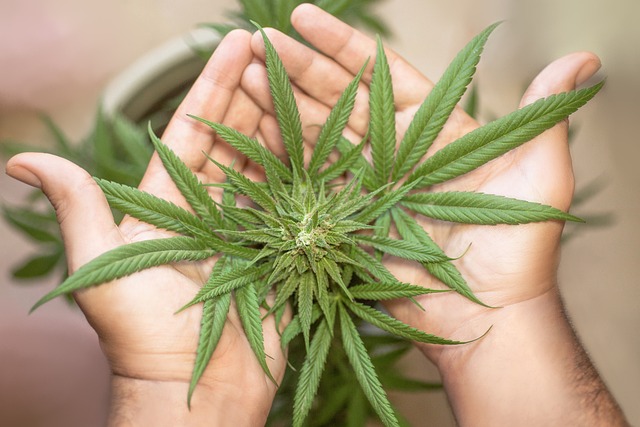
Unveiling THCA Flower, a natural powerhouse, presents a compelling exploration into the potential effects and benefits associated with this cannabinoid-rich form of the plant. Unlike its decarboxylated counterpart, Delta-9-THC, THCA exists naturally in raw cannabis flowers and offers a distinct profile of wellness properties. Preliminary research suggests that THCA may interact with the body’s endocannabinoid system, influencing various physiological processes. Advocates report that consuming THCA flower may offer a range of benefits, from anti-inflammatory effects to potential support for appetite and digestive health. The unique terpene profile of THCA flower is also believed to contribute to its calming and uplifting properties, making it an object of interest for those seeking natural alternatives for stress relief and improved mood without the psychoactive high associated with Delta-9-THC. As interest in cannabinoid wellness grows, the study of THCA flower’s effects and benefits continues to unfold, promising a new horizon in holistic health practices.
The Science Behind THCA Flower: Potential Effects and Benefits
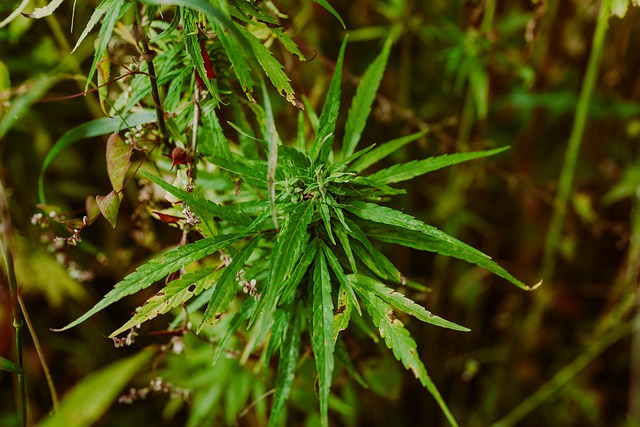
Delta-9 tetrahydrocannabinolic acid (THCA) is the non-psychoactive precursor to the well-known cannabinoid delta-9 THC. Found abundantly in raw cannabis plants, including the THCA flower, this compound has garnered attention for its potential therapeutic properties and effects. Research indicates that THCA may interact with the body’s endocannabinoid system, which regulates a range of functions and processes, including pain, inflammation, and immune response. Preclinical studies suggest that THCA could exert anti-inflammatory, anti-emetic (anti-nausea), and neuroprotective effects, offering benefits for various conditions without the psychoactive ‘high’ associated with its decarboxylated counterpart, THC.
The potential benefits of THCA flower extend to its reported analgesic properties, which could make it a valuable natural remedy for pain management. Additionally, evidence from animal studies and laboratory experiments hints at anti-proliferative effects, suggesting its potential in cancer therapy, although human clinical trials are necessary to substantiate these findings. Prospective research is also exploring THCA’s role in reducing anxiety and improving mood, potentially opening new avenues for its use as a complementary treatment. As interest in cannabis derivatives grows, the scientific community continues to investigate the effects and benefits of THCA flower, with the hope of unlocking its full potential for health and well-being.
The Therapeutic Edge of THCA Flower: An In-Depth Exploration
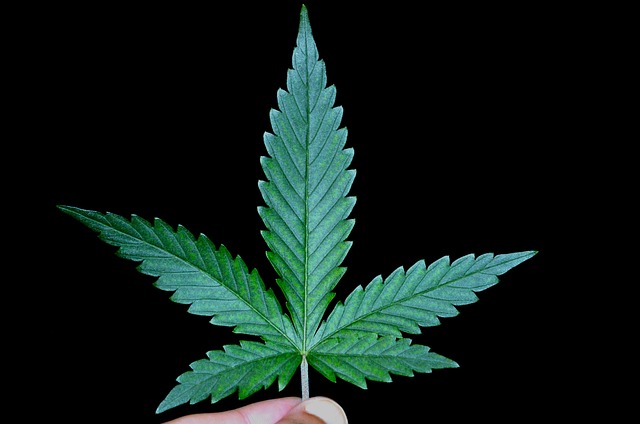
Betweening the budding interest in cannabinoid research and the evolving legal landscape, THCA flower has garnered attention for its potential therapeutic edge. Tetrahydrocannabinolic acid (THCA), the raw, non-psychoactive precursor to delta-9-tetrahydrocannabinol (THC), is gaining recognition for its effects and benefits. Initial studies suggest that THCA may offer a spectrum of wellness properties without the intoxicating effects associated with its psychoactive counterpart. This distinction makes THCA flower particularly appealing for individuals seeking the therapeutic potential of cannabis without altering their cognitive state.
Researchers have been intrigued by the anti-inflammatory and neuroprotective properties attributed to THCA, which may offer relief for a variety of conditions ranging from chronic pain to neurodegenerative diseases. The analgesic effects are thought to stem from its interaction with the body’s endocannabinoid system, modulating pain signals without the need for opioids. Moreover, preliminary findings indicate that THCA may have a role in supporting immune health and reducing nausea and vomiting, making it a subject of interest for oncology patients undergoing chemotherapy. The exploration into THCA flower’s effects and benefits continues to unfold, promising a wealth of therapeutic potential that warrants further investigation.
How to Safely Consume THCA Flower for Optimal Effects
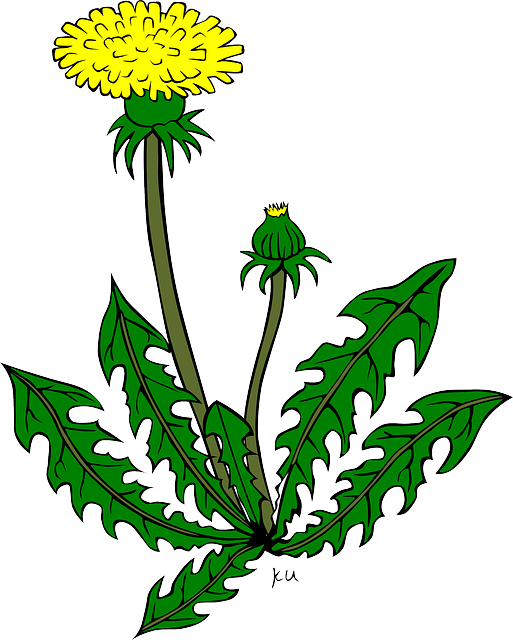
Consuming THCA flower, which is the raw form of cannabis that contains tetrahydrocannabinolic acid, a precursor to THC, can offer unique effects and benefits. To safely indulge in these benefits, it’s crucial to understand proper consumption methods. THCA flower can be consumed through various means, including vaporization, which allows for the preservation of its active compounds without combustion. Vaporizing THCA flower provides a smoother experience compared to smoking and can offer a more potent effect due to the absence of pyrolyzed compounds that degrade its efficacy. When selecting a vaporizer, opt for one with precise temperature control to maximize THCA’s therapeutic potential.
Additionally, it’s important to source high-quality, lab-tested THCA flower to ensure safety and potency. Proper dosing is also key; start with a lower dose to assess your body’s response before gradually increasing if necessary. Consuming THCA flower on an empty stomach can enhance its effects, but it’s wise to consume it with food to avoid intense reactions. Hydration is equally important, as it can affect the absorption and metabolism of cannabinoids. For those new to THCA, it’s advisable to begin with a smaller quantity and wait for the effects to take full effect before consuming more. This approach allows for a personalized experience that aligns with your individual tolerance and desired outcomes, ensuring you can enjoy the full spectrum of THCA flower effects and benefits responsibly.
Navigating Legal Landscapes: The Status of THCA Flower Across Regions
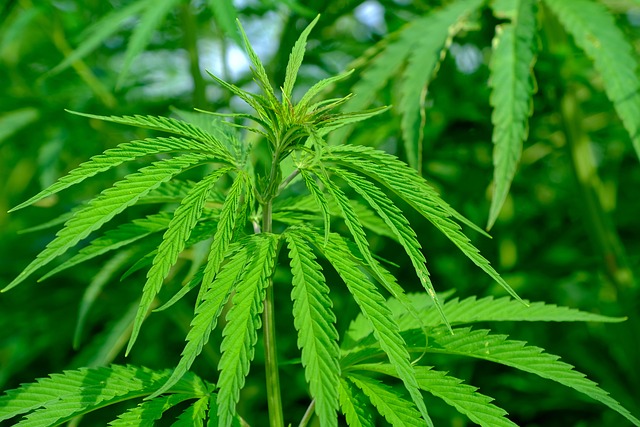
Navigating the legal status of THCA flower, a cannabinoid precursor found in the cannabis plant, varies significantly across different regions. In states and countries where cannabis has been legalized for medical or adult-use, THCA flower is often included under these provisions, provided it is derived from hemp with less than 0.3% THC by dry weight. The THCA compound, which precedes THC (tetrahydrocannabinol) upon heating, is recognized for its potential therapeutic effects and benefits, including pain relief, anti-inflammatory properties, and a possible neuroprotective effect. Consumers interested in the raw form of cannabis for its health advantages often seek out THCA flower, as it offers a distinct experience compared to its psychoactive counterpart, THC. However, regulations can be nuanced; for instance, the 2018 Farm Bill legalized hemp-derived products, including CBD and THCA, across the United States at the federal level. Yet, state laws may impose their own restrictions or require specific labeling and sourcing practices. It’s crucial for consumers to stay informed about the evolving legal framework and to purchase from reputable sources that comply with local and state regulations. As such, the legal landscape of THCA flower is a patchwork of compliance, and understanding these differences is essential for safe and lawful access to this emerging market’s products.
THCA flower, a natural compound derived from cannabis sativa, emerges as a subject of growing interest due to its potential therapeutic properties and effects. This article has peeled back the layers to reveal the science behind THCA flower, its myriad benefits, and how consumers can safely incorporate it into their wellness routines. From its promising effects to navigating the complex legal landscapes that govern its use, understanding THCA flower is key for those intrigued by its potential health advantages. As research continues to unfold, the conversation around this cannabinoid-rich plant part is poised to evolve, ensuring a more informed dialogue on its role in health and wellness.

